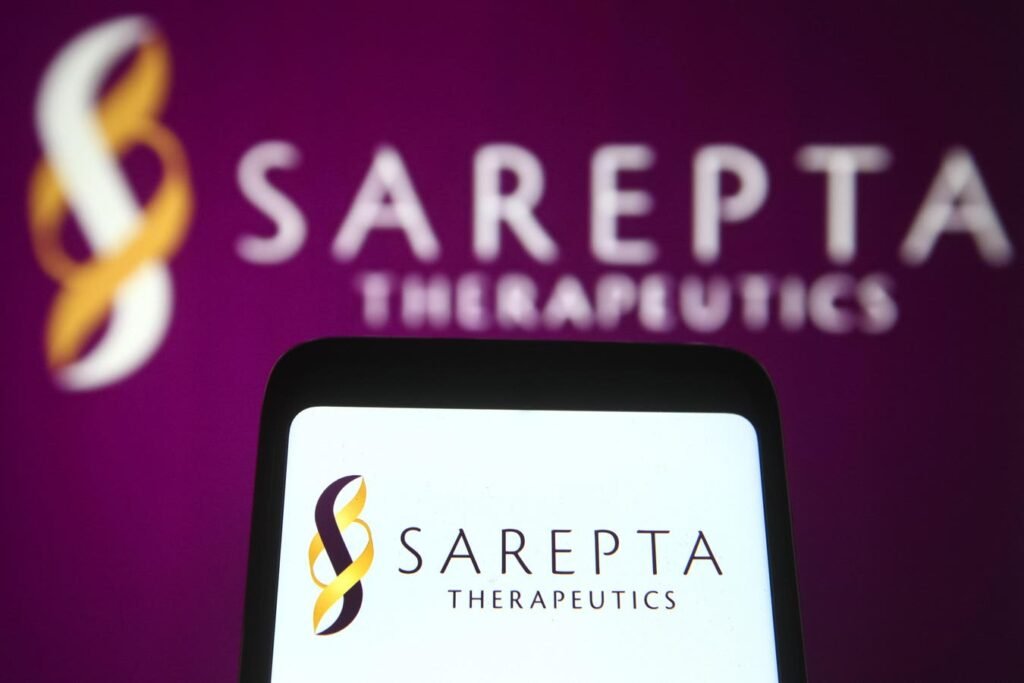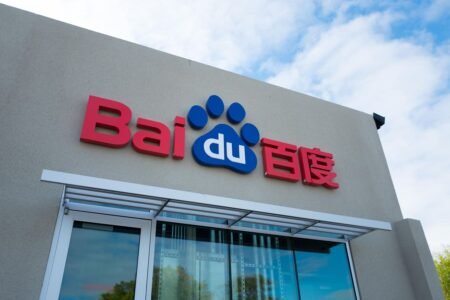The stock price of Sarepta Therapeutics experienced a significant increase of 30% on June 21, following the approval of its Duchenne muscular dystrophy gene therapy, Elevidys, by the U.S. FDA for all patients aged four and above. This approval expanded the usage of Elevidys, which was initially approved in 2023 for ambulatory pediatric patients aged four through five years old. Duchenne muscular dystrophy primarily affects boys, with symptoms appearing around the age of four. Elevidys is a single-dose infusion given to children in the early stages of the disease, with a cost of approximately $3 million per treatment. The U.S. has an estimated 15,000 cases, while Roche manages the marketing rights outside the U.S. and is seeking accelerated approval in Europe.
The high cost of Elevidys may present a challenge for Sarepta to achieve significant market expansion, despite the peak sales estimates for Elevidys reaching $3 billion to $4 billion by 2027. Although the recent approval positively impacted the company’s stock price, the long-term performance of SRPT stock has been volatile, with minimal changes over recent years compared to the S&P 500 index. While individual stocks have struggled to consistently outperform the index in recent years, a portfolio of high-quality stocks has consistently outperformed the S&P 500. The uncertain macroeconomic environment, characterized by high oil prices and elevated interest rates, raises questions about whether SRPT will underperform the S&P in the future or see a strong upward movement.
Despite the recent stock price increase, there is potential for Sarepta to continue seeing growth in the future. The market size for Elevidys is substantial, and peak sales estimates may be revised higher based on the drug’s performance. Furthermore, with a blockbuster drug in its portfolio, Sarepta may attract acquisition interest from larger pharmaceutical companies seeking to bolster their drug pipeline. For example, Pfizer recently faced a decline in its stock price following a failed late-stage clinical trial for its DMD gene therapy and a decrease in sales after the peak demand for its Covid-19 vaccine and antiviral treatment. As Pfizer looks at inorganic growth options to enhance its revenue, Sarepta’s market capitalization of $16 billion may make it an attractive acquisition target.
The potential for Sarepta stock to continue rising is supported by the performance of its peers in the industry. It is essential to compare Sarepta’s metrics with those of its competitors to gauge its growth potential accurately. By analyzing peer comparisons and industry trends, investors can make informed decisions about investing in Sarepta and other biotech companies. As Sarepta navigates the competitive landscape and explores growth opportunities, its stock price may experience fluctuations, but the overall trajectory points to a potential for further growth in the future.











